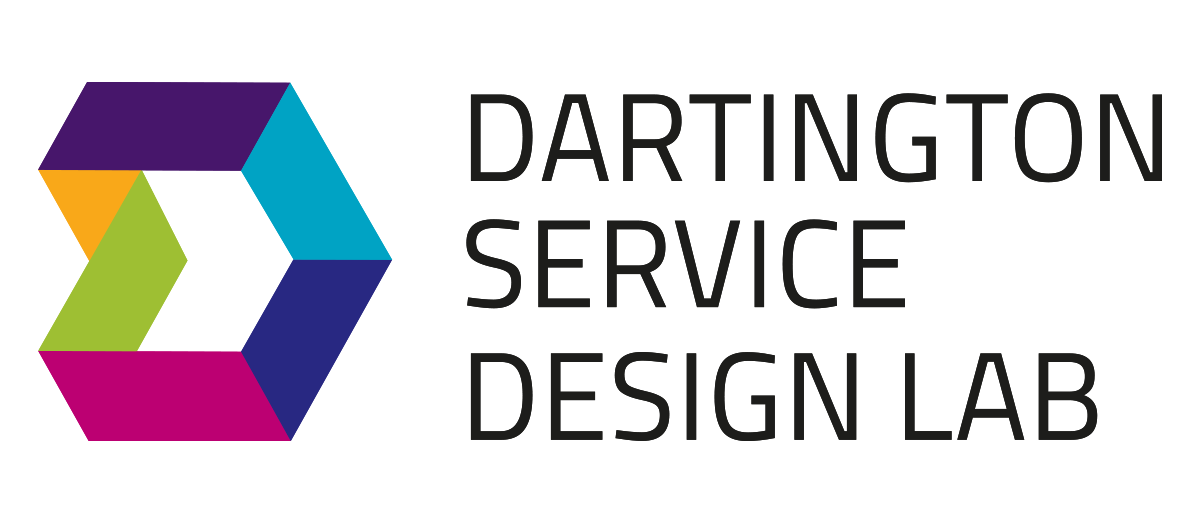Tackling racism in social research and design: Why the glacial pace of change?
Chief Exective | @tim_hobbs_lab
This is a blog about anti-racism, and the actions and commitments we are taking at Dartington Service Design Lab to address it. It has taken me a long time to get to this point. I’ve prevaricated. Drafted and redrafted. Been relieved to get pulled into all sorts of other directions that took me away from it. None of these are the real reasons.
What took me so long?
Organisations like Dartington Service Design Lab have built our reputation on ‘expertise’ and ‘knowing’. Yet the assumptions and underpinnings upon which ‘evidence’ is constructed are far from neutral and objective. They are often grounded in colonialism and a white normative frame. Not taking an active role in dismantling racist structures and systems has perpetuated them and I’ve been complicit in this.
As such, at Dartington, we’ve taken time to learn and reflect on the ways in which racism pervades social research and design (more on this shortly).
This process of learning has and will continue to take time. A key focus of our work going forwards is to help create new ways for people to generate and use evidence that is richer, contextualised, diversified and equitable in its pursuit of improving outcomes for children.
This is part of the reason I didn’t make any personal or organisational statements last year. I feared they’d be made without enough reflection or be perceived as performative. But I’m not sure inaction was the right thing either.
This uncertainty and discomfort in not knowing how best to act slowed me down. I’m acutely aware that hearing from privileged white folk talk about their discomfort is probably exhausting for people who experience racism. My own experiences are almost entirely irrelevant - but I’m sharing them as I suspect I’m not alone in experiencing these threats to ego and expertise, and that this is probably a large part as to why progress towards anti-racism in social research and design has been painfully slow.
Dismantling racism in social research and design
If we are to play an active role in dismantling racism in social research and design, those in positions of privilege and power must first acknowledge this, then do something about it.
I’m sharing our reflections on how racism manifests in social research and design. It was developed by a working group within Dartington and I’m grateful to colleagues who’ve worked alongside me in reflecting on these issues and developing our own anti-racist commitments. I’m also grateful to Dr Arun Verma who provided independent challenge and critique, and training to the team on intersectionality.
Our analysis is no doubt only a partial picture. But it considers how the social research and design sectors – Dartington included - and those around it (including funders and commissioners) perpetuate racism and inequalities. It describes a set of concrete actions and commitments that we are taking to become anti-racist, against which we want to be held accountable. These include the development of an Equality Impact Assessment to be used at project initiation, during data collection and analysis, and to guide reporting and dissemination at the formation and kick-off of projects. This process will help us identify, raise and address racism or other forms of discrimination within our work. We are also committing to working differently with partner organisations and communities to ensure we are increasing equity. And we are committed to increasing, and protecting, the diversity of our staff and trustee teams.
There’s a lot more detail to our plans, and I’d love to hear what others think about them. I’d like to know how we might work together to advance anti-racism in social research and design, but most importantly, what do you think we are missing or not going far enough on?
You can find our analysis of racism in social design and research, and our actions and commitments here. You can let me know your thoughts via Twitter, or by dropping me an email at tim.hobbs@dartington.org.uk. I look forward to hearing from you.
